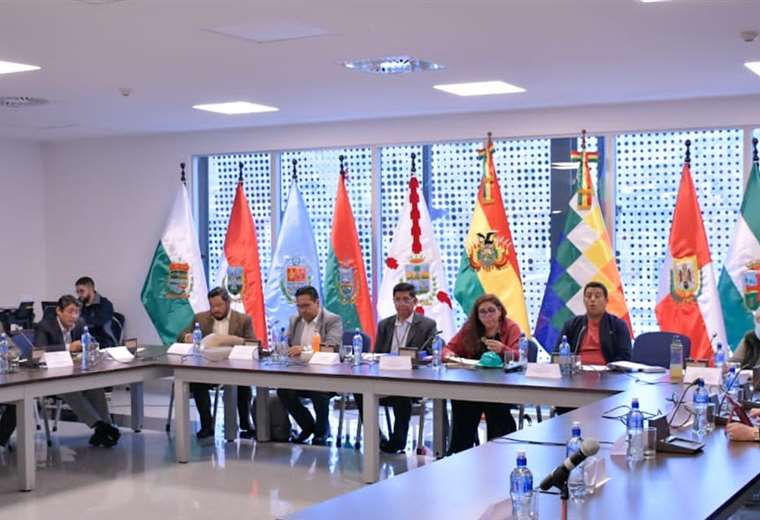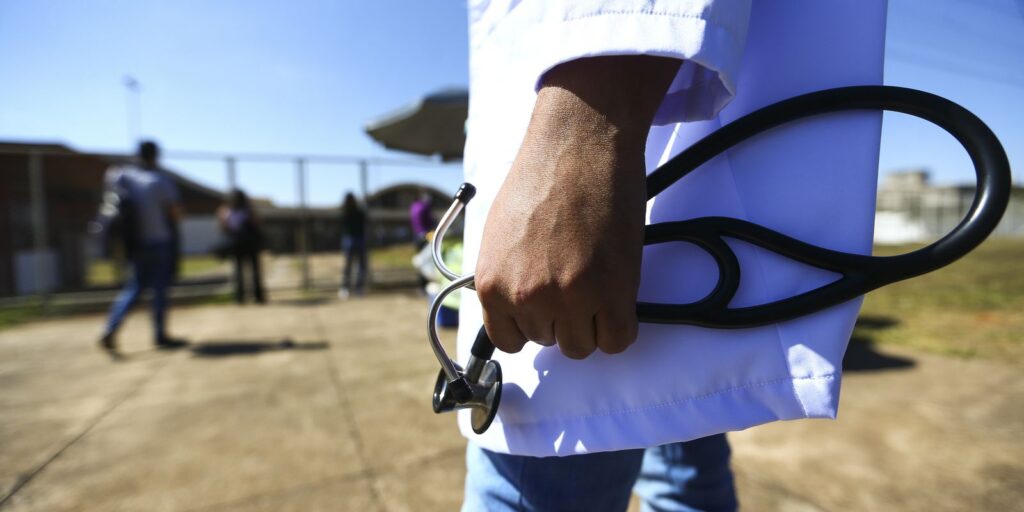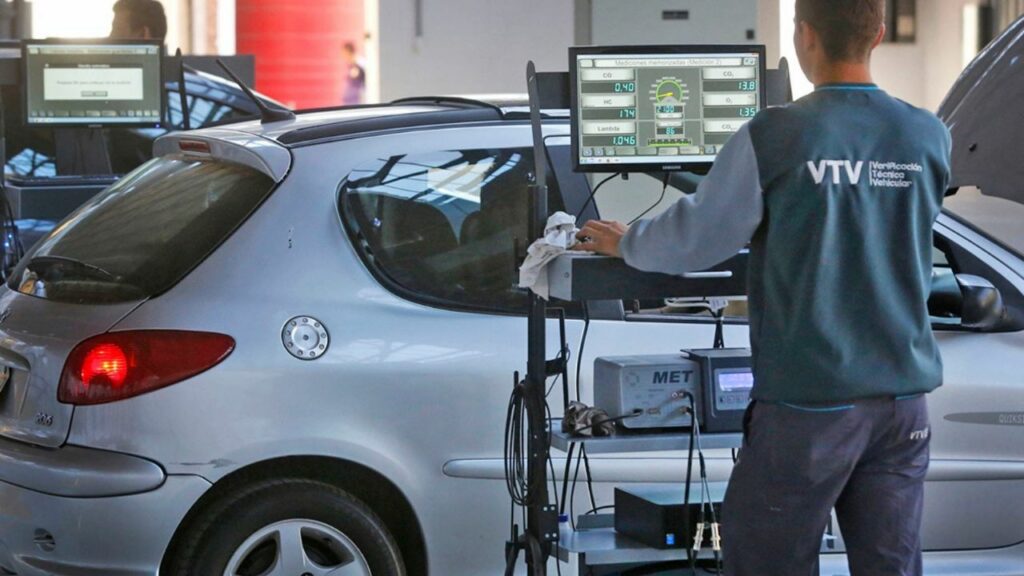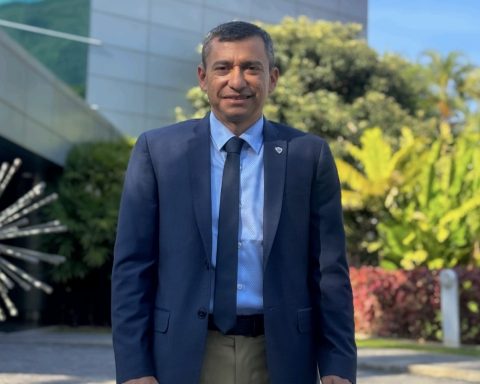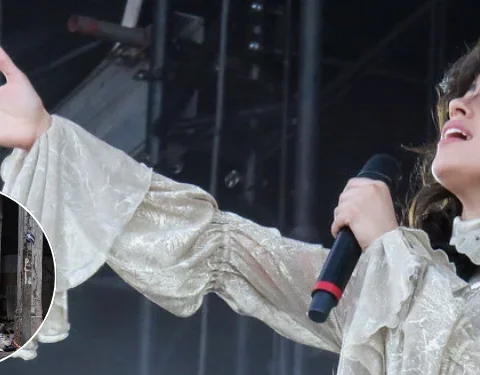March 14, 2023, 10:37 PM
March 14, 2023, 10:37 PM
The three parties with parliamentary representation presented their proposed regulations for the pre-selection of candidates for judicial authorities of the Supreme Court of Justice, the Agro-environmental Court, the Plurinational Constitutional Court and the Magistracy Council.
“They had to send us the suggestions and observations, but as we have been able to see, there has been no bar association or university that has sent suggestions, some organizations that have sent today, those more we are going to take into account tomorrow”, declared the president of the mixed Constitution commission, Patricia Arce (MAS).
This Tuesday it happened reading the MAS and CC proposals, the latter prepared and presented by the senator, Silvia Salame, who prepared a detailed document. At first it was mentioned as a proposal from the universities, but it was clarified that it was presented by the senator from CC.
The MAS proposal states that are the parliamentarians of the mixed commissions of the Constitution and the Justice those who work throughout the pre-selection process. They will admit social control as observers and not as actors in the process; It also provides for the invitation to national or international organizations also as observers.
The masistas put 17 common requirements for the candidates, this call has seven more requirements than in 2017, that year 10 common requirements were approved. The curious fact appears in point 6 of the 2017 regulation, at that time it was requested that the candidates should not have political militancy in any party; This point does not appear in the MAS regulations
It also allows the current judicial authorities or ex-authorities can present themselves again to be elected, only that they cannot opt for re-election, they can change their judicial body. The MAS will also require that all candidates have digital citizenship.
For the score pose divide 100 points into four stages: professional experience 30 points; training evaluation 25 points; written exam 30 points; the interview will be worth 15 points.
There will be points for all stages, however the MAS proposes that they be the deputies and senators of the commission themselves who ask the questionsThey do not plan to invite institutions to assist in this task.
The voluminous document has 52 articles in total and the cSocial ontrol appears to be the axis of the proposal, since it gives natural or legal persons the possibility of challenging and denouncing anomalies in the process. But they must accredit personalities of recognized professional trajectory and high knowledge of law in the respective areas.
In its article 10 proposes the invitation to public and private universities so that they are invited to send professionals trained in specific areas and prominent lawyers who perfectly manage the different fields.
Prohibits former state officials from running as candidates and it also sanctions political militancy and party leadership, although with an age of eight years, that is, those who have been militants or officials until before 2014 can apply.
In the score it is similar to the masista proposal, 100 points divided into four parts, curricular evaluation, written evaluation, oral exam, and interview. The technical advisors of the commissions will be in charge of preparing the bank of questions and their solutions.
In addition, Provides a psychological evaluation to all applicants. The pre-candidates who will go to the Assembly must gather at least 70 points in the four qualification stages and also instructs the entities that they must issue certificates.
the bench of We believe he presented his proposal with 31 articles in total and its main contribution is the formation of a “technical qualification committee”which will be made up of representatives of businessmen, bar associations, universities, civic committees, lowland and highland indigenous peoples, as well as representatives of the press.
Is This commission will carry out all the qualification work of the candidates. and will prepare a report for the commission establishing the score achieved by each applicant, in such a way that the members of the mixed commission forward the report to the vice-president and she calls the Assembly for the approval of the regulations.
raises 18 common requirements, among which the prohibition of being a militant stands out, of being a leader with a seniority of 12 years. Likewise, it prohibits candidacies of former officials and does not set a time limit; it also prohibits those who have held magistrate positions in past elections.
Does not raise scores because everything will be in charge of the “technical qualification committee” that will take into account parameters that Creemos technicians put in.
